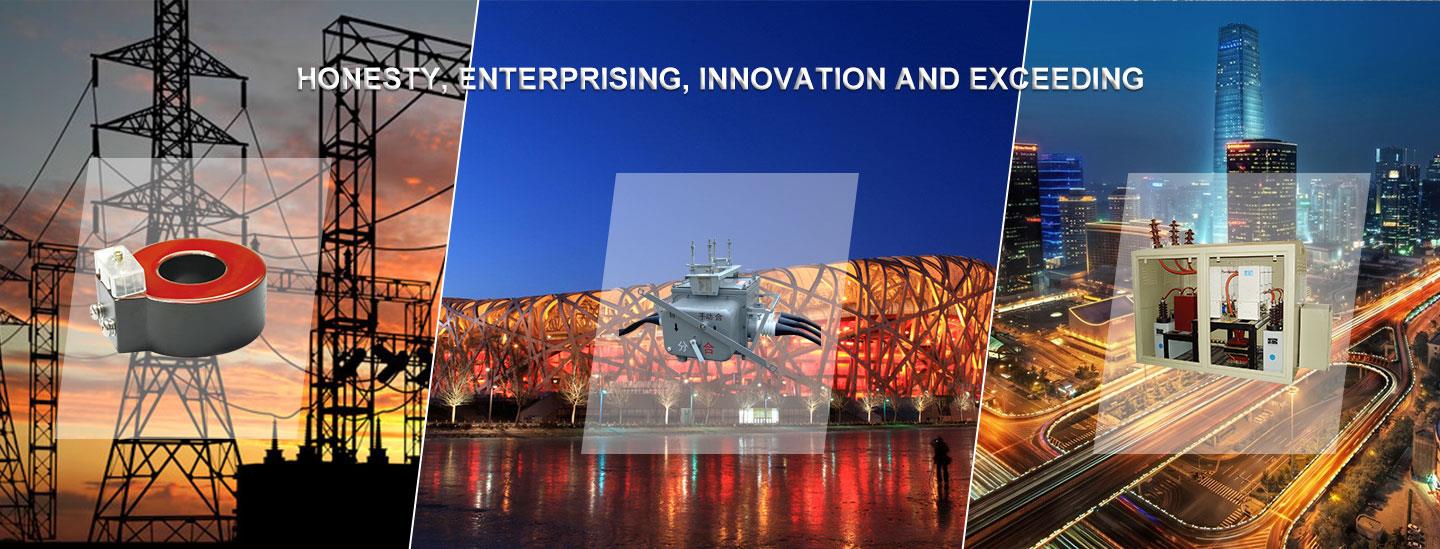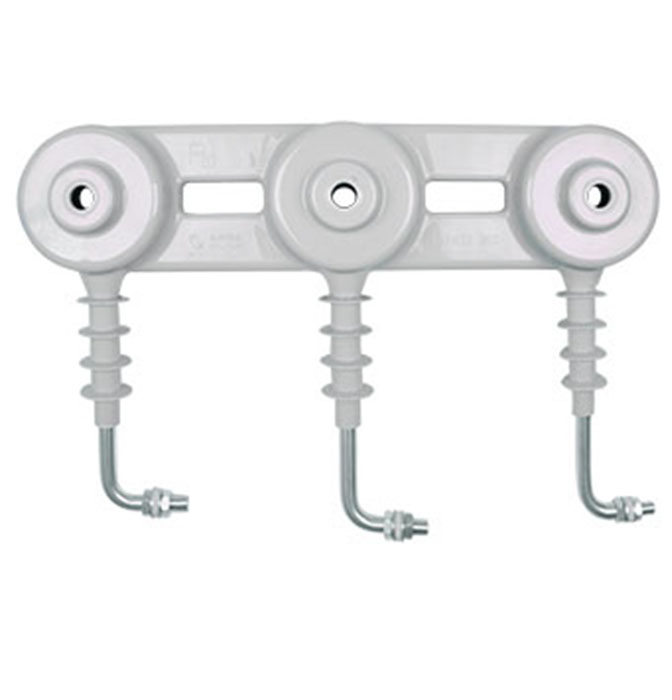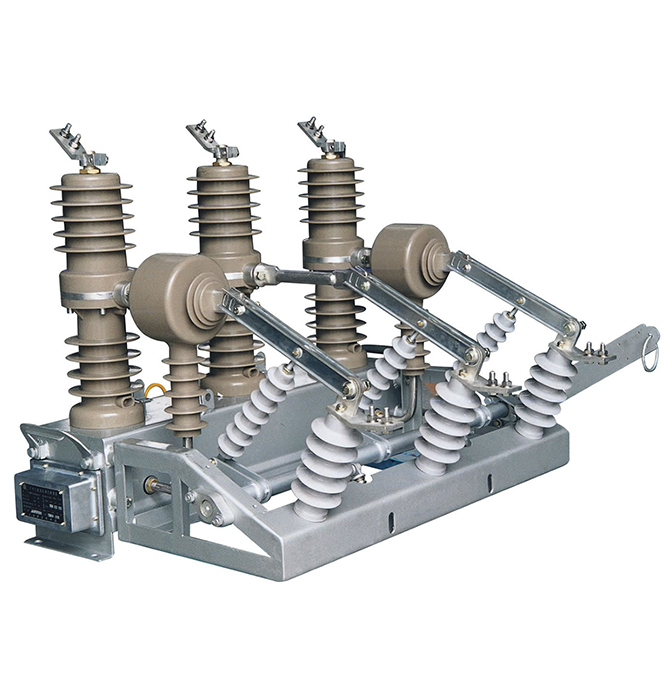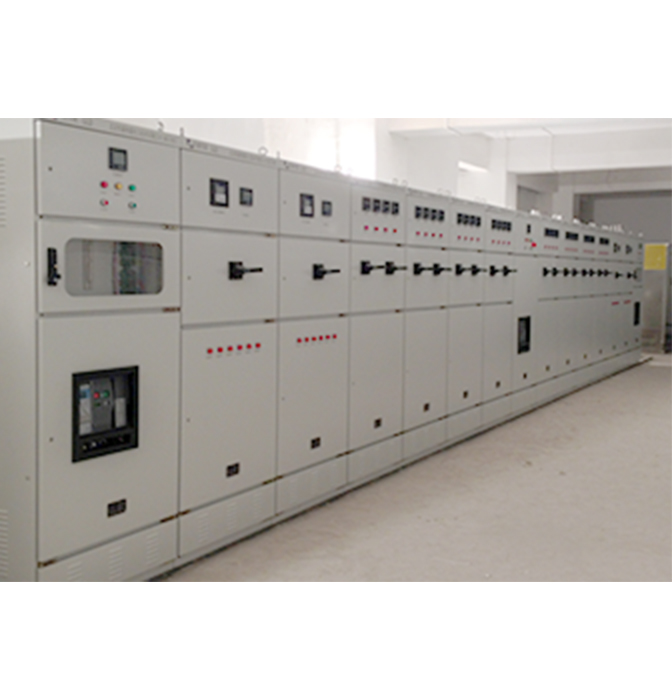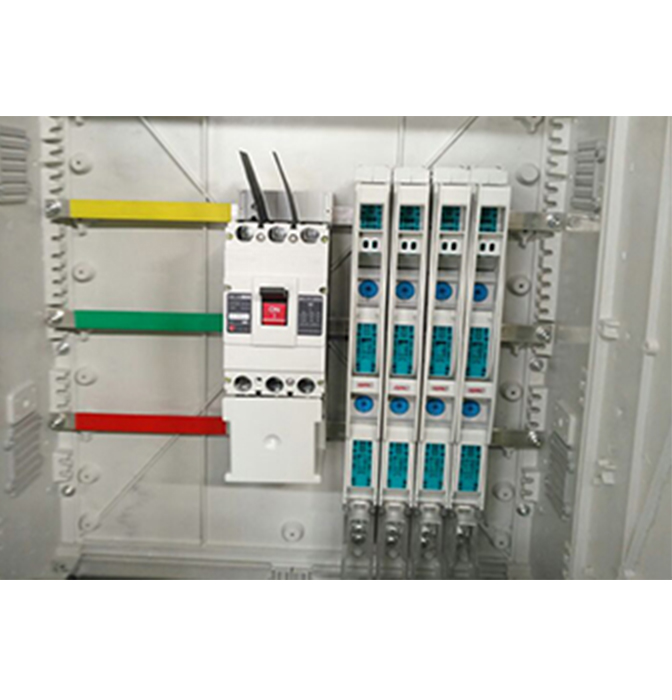UK Finally Gives Nod To French-Built Nuclear Power Plant
LONDON — Britain gave the go-ahead for a $24bn nuclear power plant on Thursday, ending weeks of uncertainty that strained ties with China and France but also signalling a more cautious approach to foreign investment in critical infrastructure.
Prime Minister Theresa May’s government said it would proceed with the Hinkley Point C project in southwest England, approving French utility firm EDF’s plan to build Britain’s first new reactor in decades, backed by $8bn of Chinese cash.
It also set out a new investment policy designed to give it greater control over future deals when foreign states were involved in buying stakes in "critical infrastructure".
The project offers an insight into how Britain could conduct relations with the world in a post-Brexit era. May, who became prime minister after Britain’s EU referendum, stunned Paris and Beijing by putting the deal on hold in July — hours before a contract was due to be signed — saying she needed time to assess all aspects of the project including national security concerns.
"The government has decided to proceed with the first new nuclear power stations for a generation," Business Minister Greg Clark told parliament, setting out reforms to the deal and policy on foreign investment.
"These changes mean that while the UK will remain one of the most open economies in the world, the public can be confident that foreign direct investment works always in the public interest," he said.
The government said it would be able to block the sale of EDF’s controlling stake before or after completion of the project, under the new safeguards — a proviso it would apply to significant stakes in all future nuclear projects.
French state-controlled EDF said it had agreed with the government to retain control of the project and would sign the deal "in the coming days".
China General Nuclear Power Corporation (CGN) — the project’s Chinese state-backed investor — and business lobby groups also welcomed the decision on the Hinkley deal, which is part of a gradual recovery of the global nuclear industry following a slump caused by the 2011 Fukushima disaster.
"We are very happy the British government has approved the project," CGN said in a statement.
May’s decision to review the project came little more than a month after Britons voted to leave the EU, which forced the resignation of prime minister David Cameron whose administration gave the initial go-ahead to the plan.
The Brexit vote, and the resulting economic uncertainty, cast doubt on the future of major British infrastructure projects. It also threw a spotlight on Britain’s trade relations with China and other big economies outside Europe.
The two reactors at Hinkley Point are scheduled to be running by the middle of the next decade and provide around 7% of Britain’s power, helping to fill a supply gap as the country’s coal plants are set to close by 2025.
Britain has committed to pay a minimum price for the power generated by the plant for 35 years. Critics said the government should have renegotiated the price, which they say was set too high before oil prices fell.
"It is extraordinary that they have not reviewed the price per unit of power," said Barry Gardiner, the opposition Labour Party’s energy spokesman.
The deal also affirmed the government’s commitment to replace its old nuclear power stations — nearly all of Britain’s eight functioning nuclear plants will have to shut down by 2030.
 Email:
Email: 


